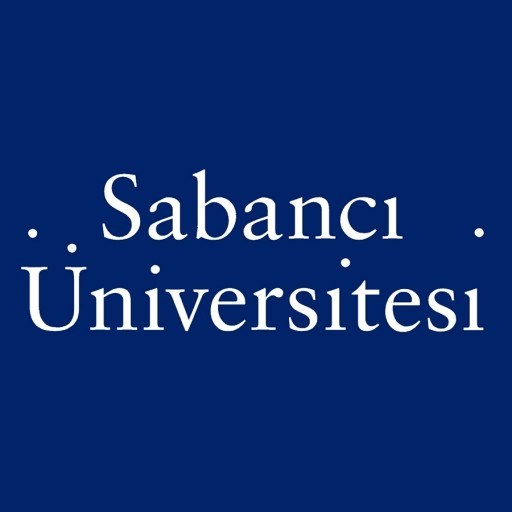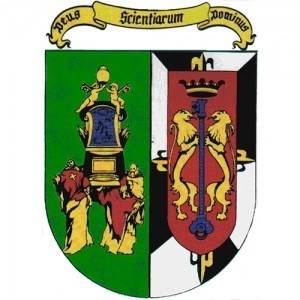Photos of university / #unikassel
The Master's program in Nanoscience at the University of Kassel offers students an interdisciplinary education focused on the nanoscale world, combining principles from physics, chemistry, materials science, and engineering. This program is designed to equip students with comprehensive knowledge and practical skills necessary to understand, analyze, and manipulate nanostructures and nanomaterials, which are fundamental to advances in technology, medicine, energy, and environmental science. Throughout the program, students explore the physical and chemical properties of nanomaterials, learn about various fabrication and characterization techniques, and acquire hands-on experience in designing and developing nanoscale devices and systems. The curriculum emphasizes both theoretical understanding and laboratory skills, fostering innovation and problem-solving abilities to address complex scientific and technological challenges. The program also offers specializations in areas such as nanoelectronics, nanomaterials, and nanobiotechnology, allowing students to tailor their education according to their career interests. Students benefit from state-of-the-art laboratories, interdisciplinary research projects, and collaborations with industry partners, providing valuable insights into current trends and applications in nanoscience. Graduates of this program are well-prepared for careers in research and development, industry, or further academic studies, contributing to advancements in nanotechnology and its practical applications across various sectors. With a strong emphasis on scientific rigor, practical training, and innovative thinking, the Master's in Nanoscience at the University of Kassel opens pathways to exciting opportunities in the rapidly evolving field of nanotechnology.
The Master's degree program in Nanoscience at the University of Kassel offers an in-depth and comprehensive education in the interdisciplinary field of nanotechnology. This program is designed to equip students with a solid foundation in the fundamental principles of physics, chemistry, and materials science, with a particular focus on phenomena occurring at the nanoscale. Throughout the course of study, students will explore methods for manipulating, characterizing, and synthesizing nanomaterials, as well as understanding their unique properties and potential applications across various industries.
The curriculum combines theoretical coursework with practical laboratory training, ensuring that graduates develop both the conceptual knowledge and technical skills necessary for careers in research, development, and industry. Students enrolled in the program will learn about the fabrication of nanostructures, surface and interface science, nanocharacterization techniques, and the environmental and health aspects of nanomaterials. Special modules focus on advanced topics such as nanoelectronics, nanophotonics, and nanomedicine, reflecting the diverse scope of nanoscience.
An integral part of the program is the research component, where students have the opportunity to work on innovative projects often in collaboration with industry partners or research institutions. This hands-on experience prepares students to tackle real-world challenges and contribute to technological advancements. The program also emphasizes scientific communication skills, enabling students to present their findings effectively and pursue careers in academia, industry, or entrepreneurship.
The Master's program in Nanoscience at Kassel encourages international mobility and intercultural exchange, with opportunities for exchange semesters at partner universities worldwide. Graduates of this program will be well-positioned to engage in cutting-edge research, product development, and innovation in various fields, including electronics, medicine, energy, and environmental protection. With a curriculum designed to foster critical thinking, creativity, and technical proficiency, this program aims to produce highly qualified experts capable of shaping the future of nanotechnology.
Language requirements
English on level B2 of the Common European Framework of Reference for LanguagesAcademic requirements
Bachelor's degree in nanoscience (or equivalent)Basic knowledge in chemistry, physics, and biology as well as advanced theoretical and practical skills in two of the three disciplines are mandatory.
Enrolment fees
Mandatory registration fees allow students to use public transport free of charge and the university's refectories and cafeterias at reduced prices. For example, the registration fee for the summer semester of 2016 amounted to approx. 275 EUR.Costs of living
In order to cover personal expenses while studying in Kassel, it is recommended that students budget around 750-900 EUR per month for accommodation, food, health insurance, books, and miscellaneous expenses.Job opportunities
Students can apply for various part-time jobs or work as student assistants on campus. Please have a look at http://www.uni-kassel.de. Some departments also provide positions as tutors or student assistants.Arrival support
An orientation week is regularly offered to international students. During information sessions, tours, excursions, events, and leisure-time activities, international students get to know their departments, courses, the campus, and life in Kassel or Witzenhausen and become acquainted with their lecturers and fellow students. Students get the chance to make new friends during the campus rally or at the get-together brunch. Senior student tutors will assist foreign students with any questions or problems they may encounter during their stay.Services and support for international students
Orientation week at the main site in Kassel: owoche@uni-kassel.deSupport service at the campus site in Witzenhausen: tutor-int@uni-kassel.de
Contact for exchange students: sabineernst@uni-kassel.de
Welcome Centre: http://www.uni-kassel.de/go/welcome-centre









